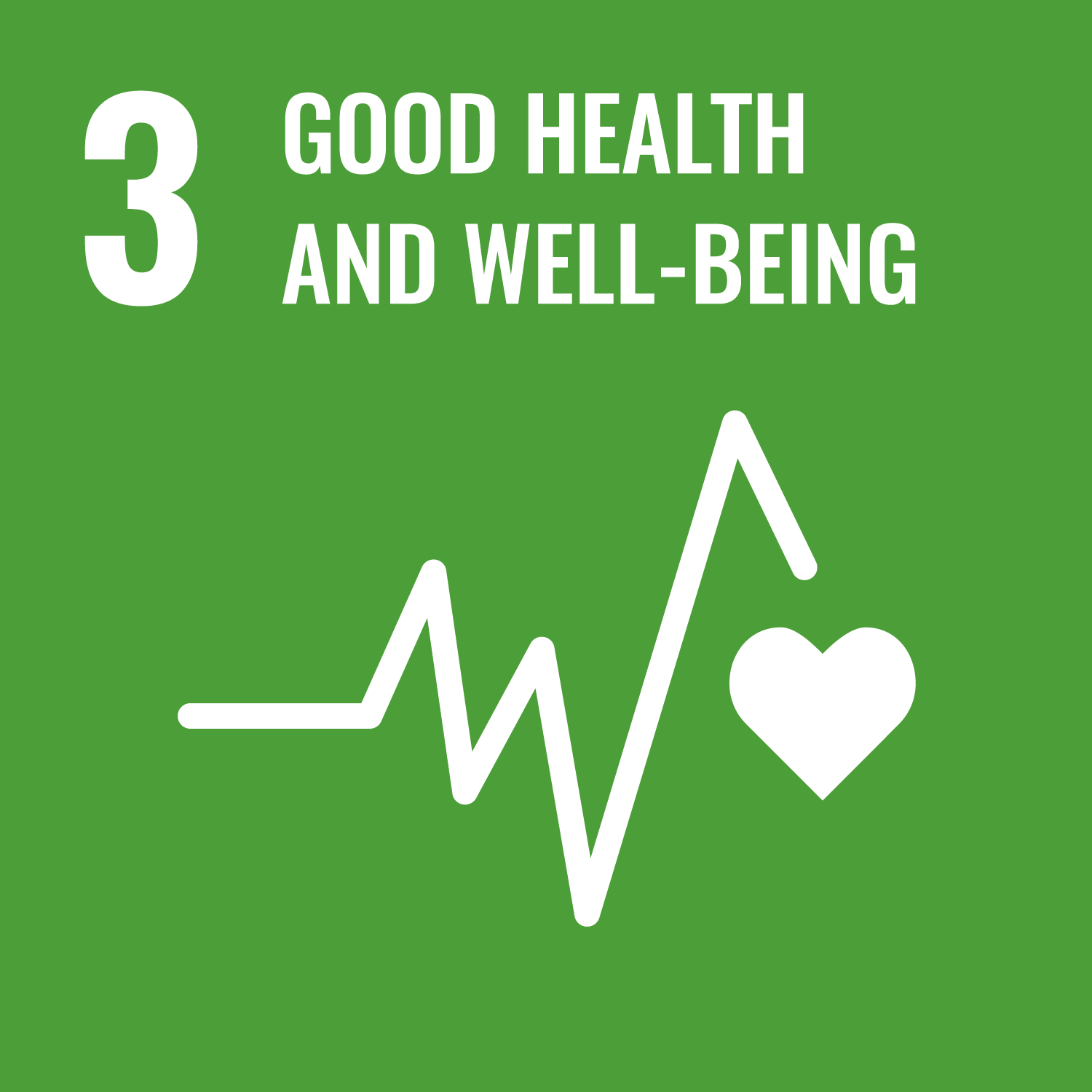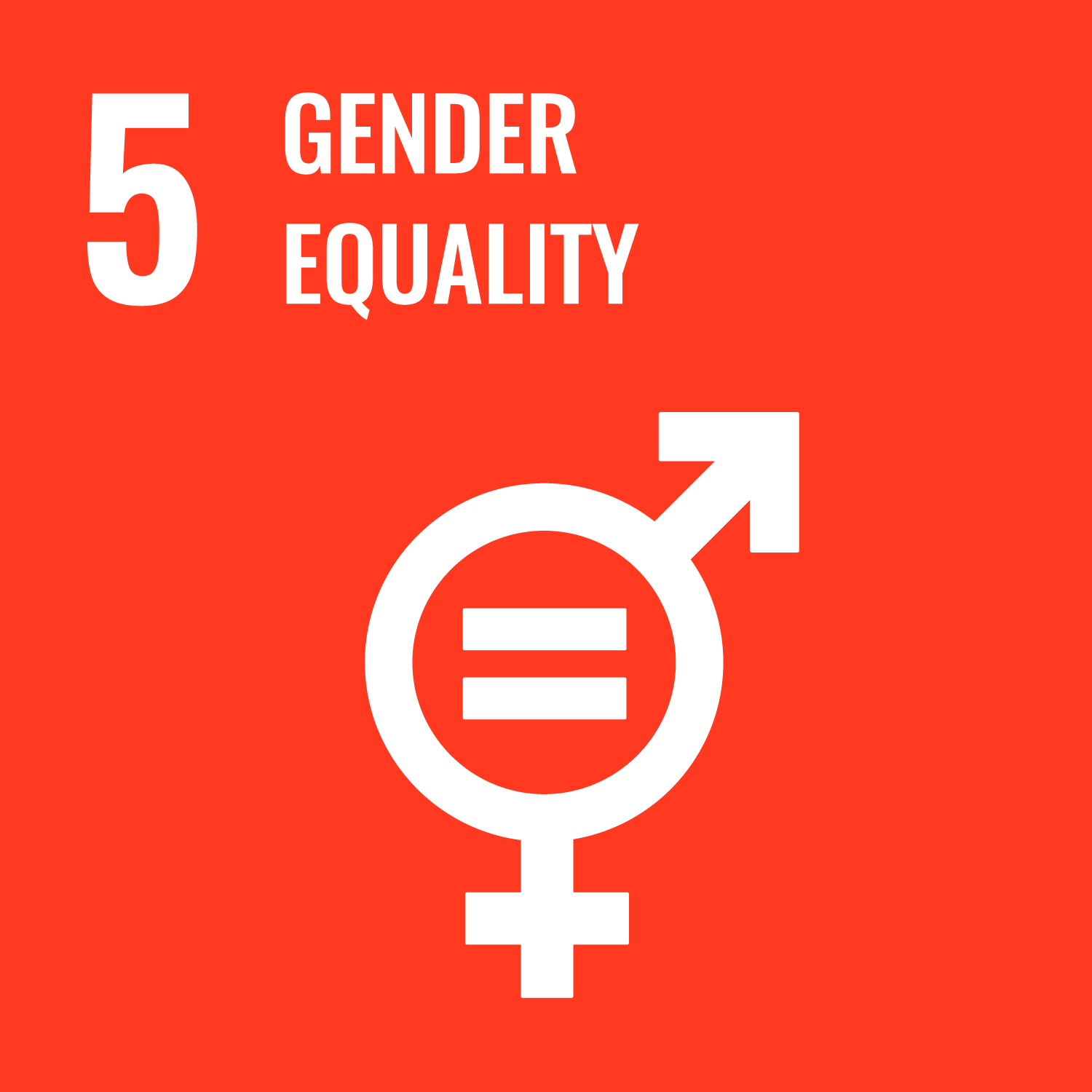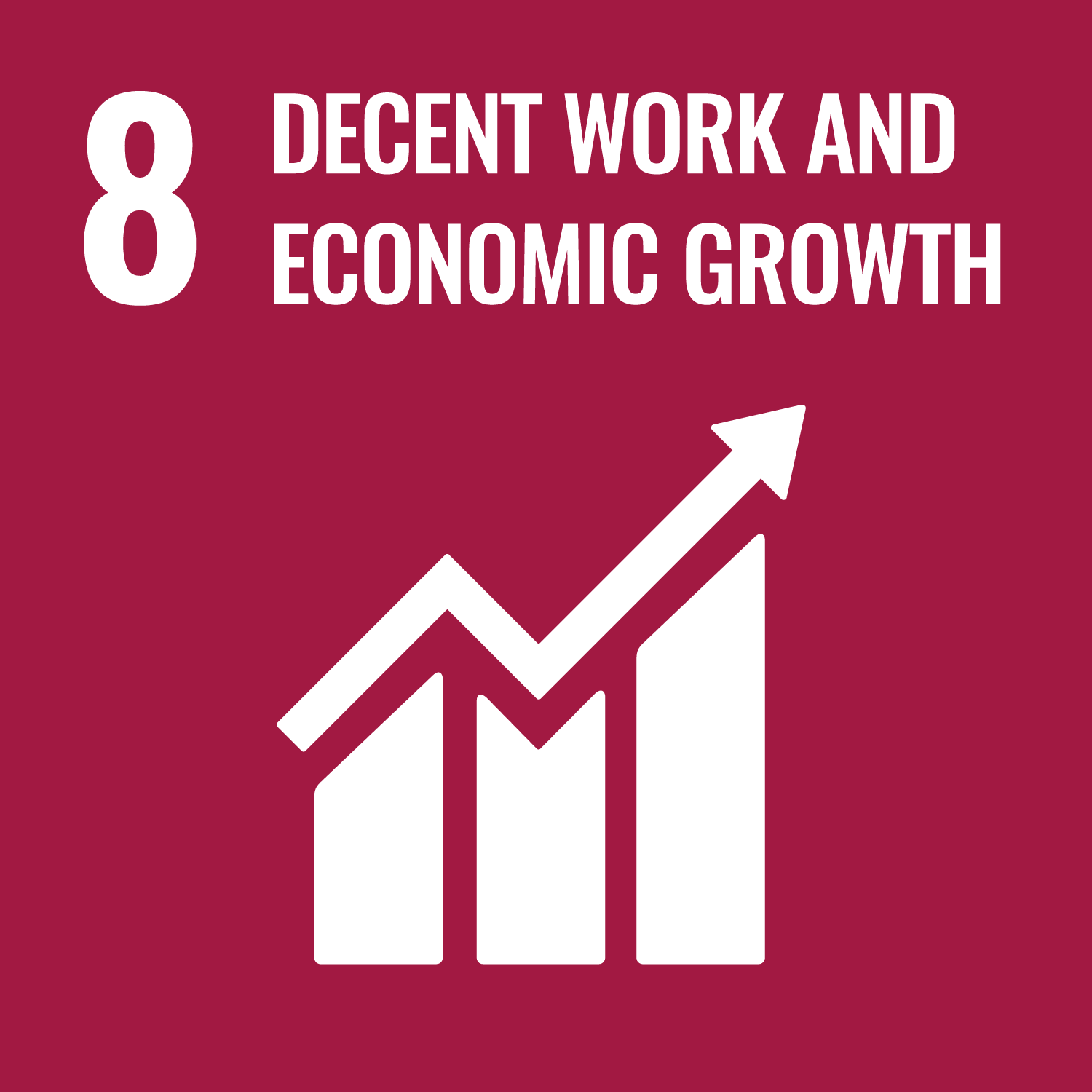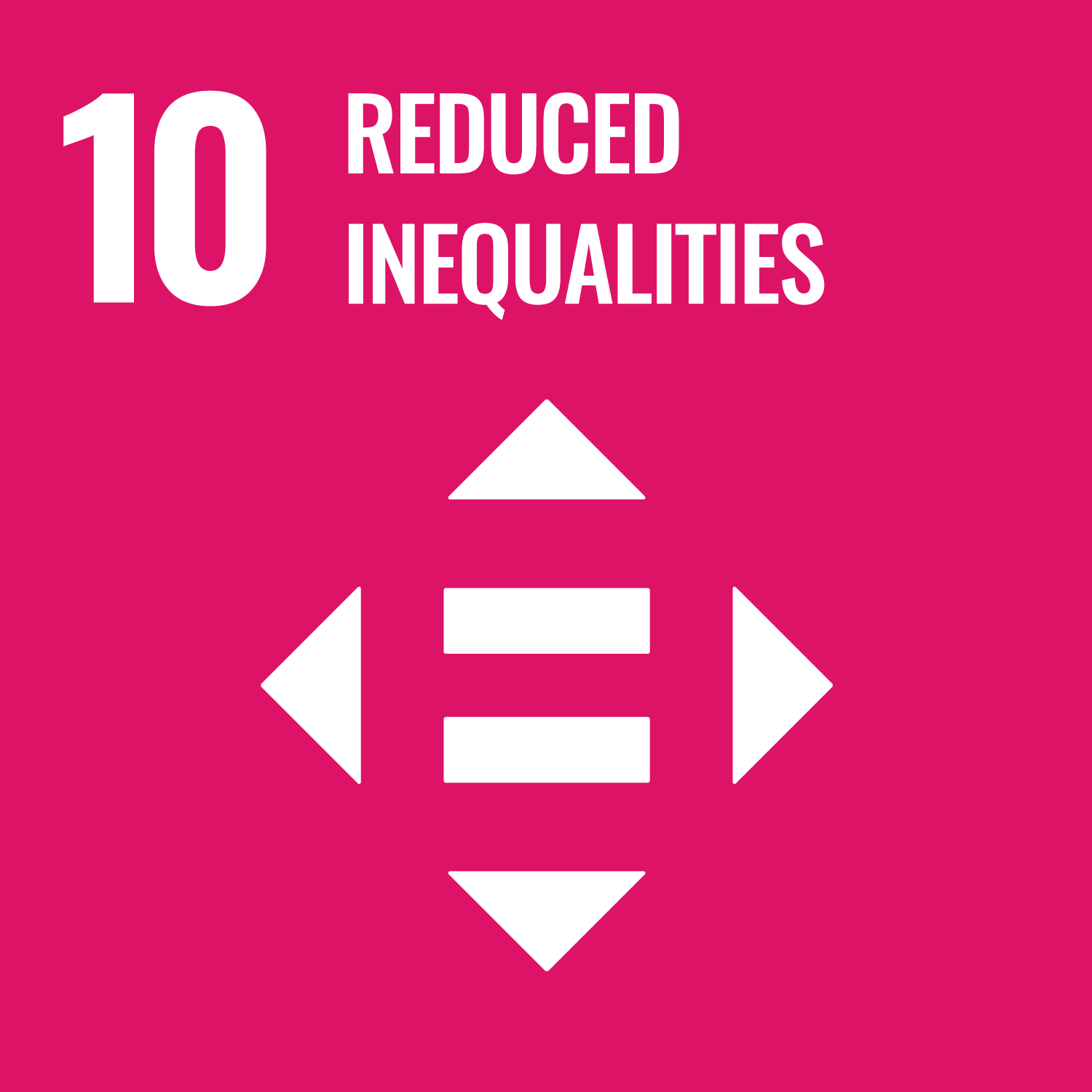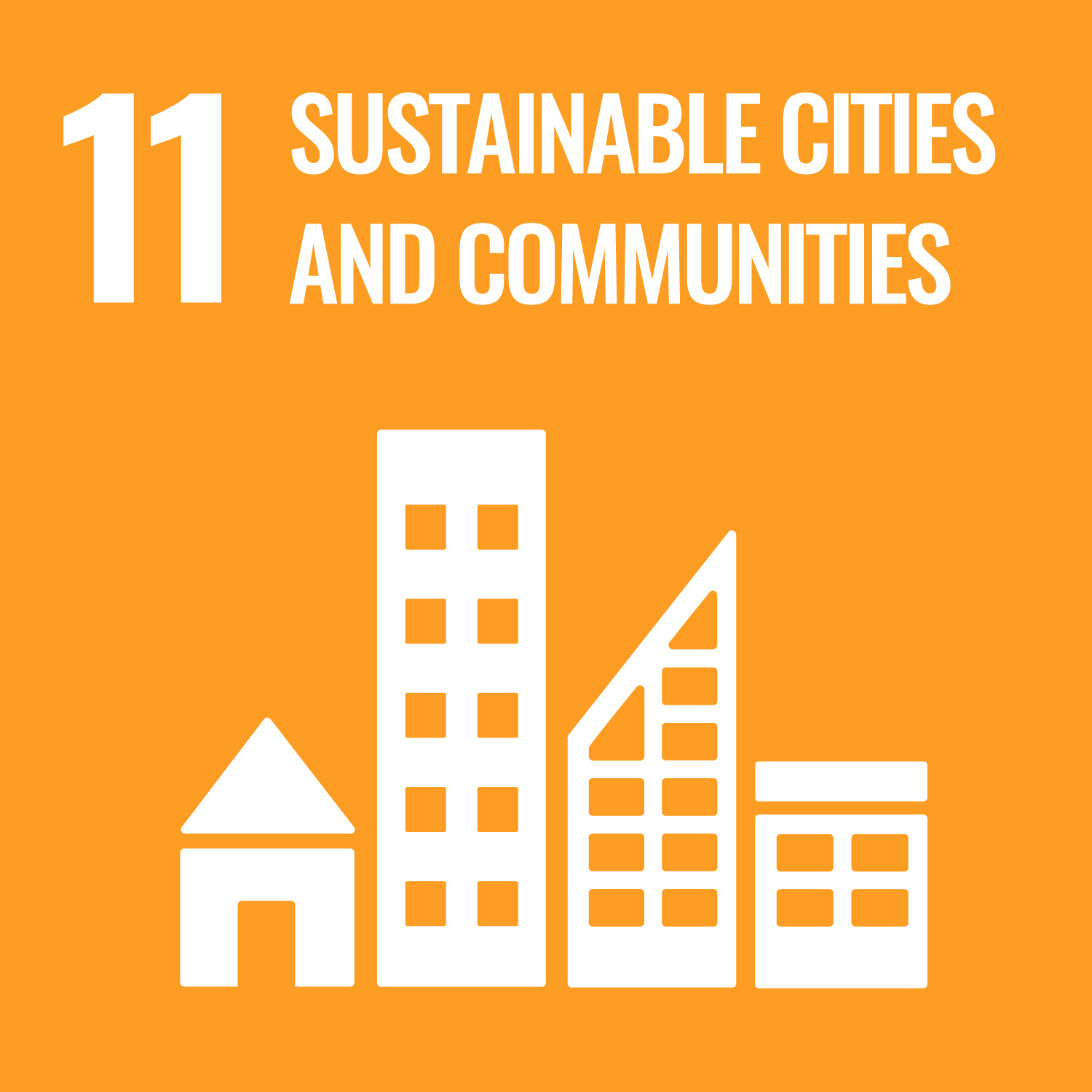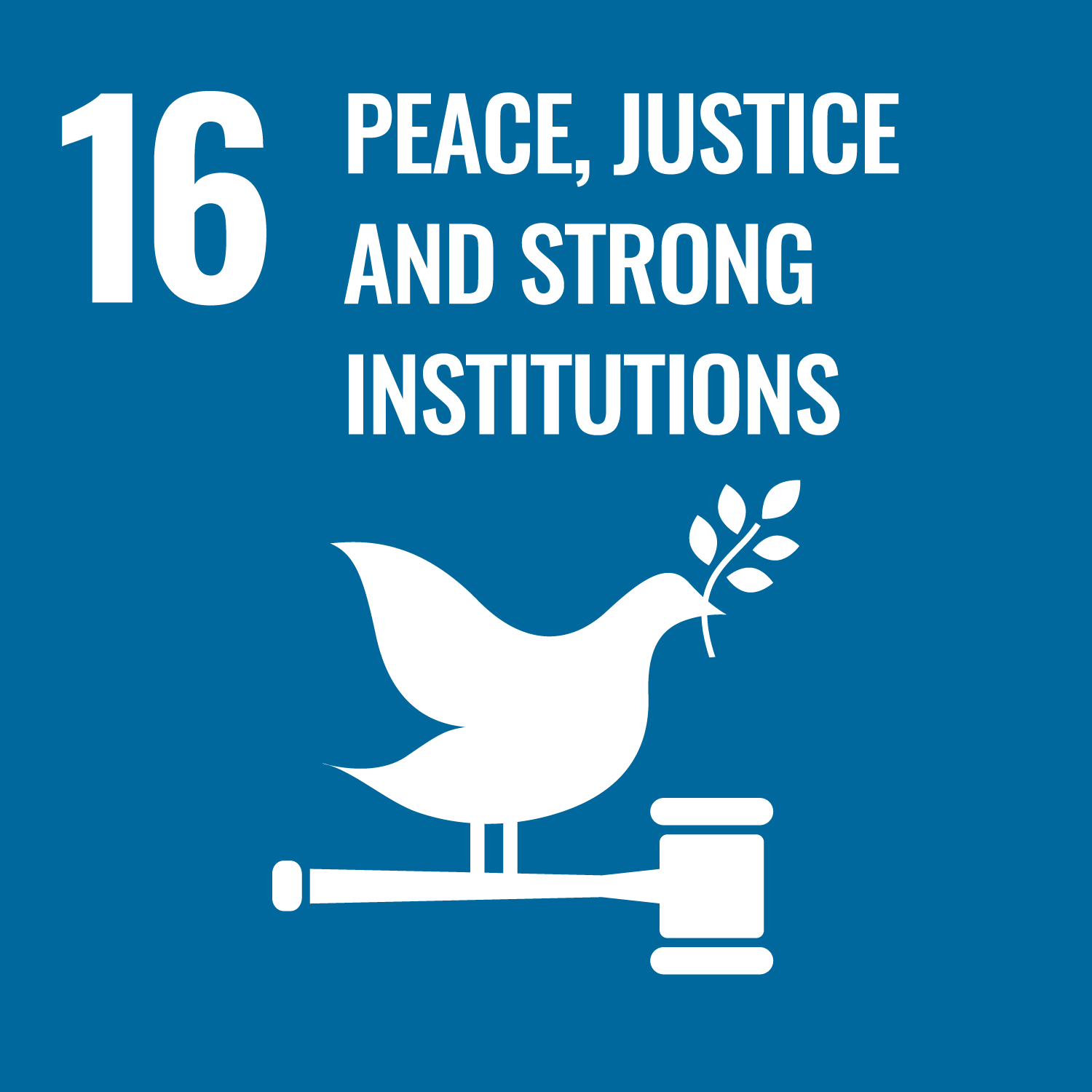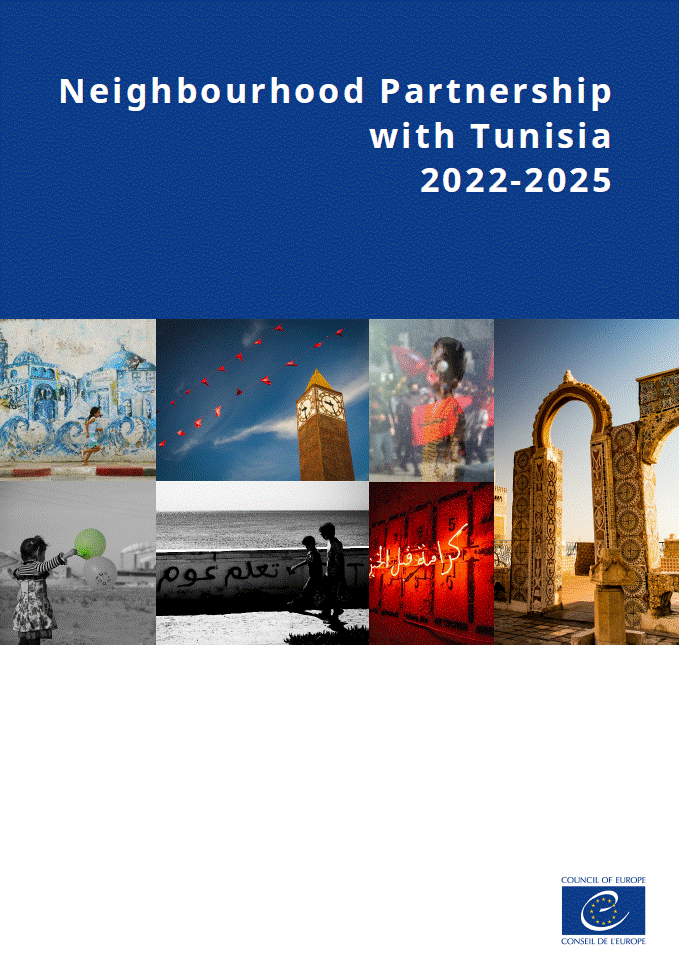Tunisia
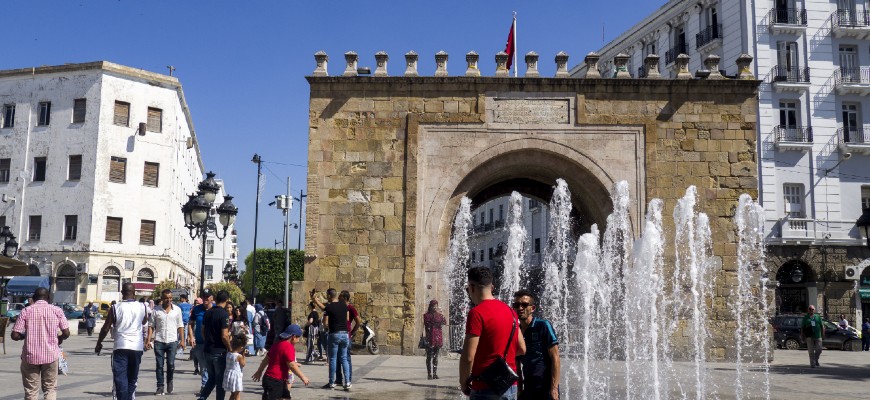
Since the 2011 Tunisian revolution and the adoption of the Council of Europe policy towards neighbouring regions by the Committee of Ministers of the Council of Europe (CM) in May 2011, the Council of Europe has been accompanying the democratic transition by strengthening human rights, rule of law and democracy in Tunisia. Several co-operation documents officially endorsed by the Committee of Ministers and the Tunisian authorities at high level have framed the political dialogue and demand-driven technical cooperation since then, focused on key areas of expertise of the Council of Europe.
The ongoing Neighbourhood Partnership with Tunisia for 2022-2025 further strengthened the strategic co-operation on jointly agreed priorities aiming notably to further enlarge the common legal space linking both shores of the Mediterranean and the nurturing of human rights and good governance approaches in new legislation, to support independent bodies, to combat violence against women and against children, to support the justice reform, to fight organised crime and to build capacities of relevant professionals, including through Council of Europe tools like the European Programme for Human Rights Education for Legal Professionals (HELP Programme).
Since July 2021, the Tunis Office acts as a regional hub and co-ordinates the implementation of regional projects, including the South Programme, a joint initiative co-funded by the European Union and the Council of Europe and implemented by the Council of Europe, which is currently implemented in its fifth edition. Pursuant to the Council of Europe’s and European Union strong commitment to empower and further associate civil society in the implementation of their co-operation initiative, the fifth phase of the South Programme benefits from reinforced links with the Council of Europe North-South Centre which contributes its long-standing expertise in empowering civil society, in particular youth and women organisations in the Council of Europe’s neighbouring regions. These ties are instrumental to further ensure ownership of democratic reforms by young people in the Southern Mediterranean.
Member of the European Commission for Democracy through Law (Venice Commission) since 2010 and of the North-South Centre since 2016, Tunisia also participates in the Mediterranean Network for Co-operation on Drugs and Addictions (MedNET) of the International Co-operation Group on Drugs and Addictions (Pompidou Group) since 2006 and was granted observer status with the CEPEJ in 2016. Institutional relations with Tunisia were strengthened when the Congress of Local and Regional Authorities of the Council of Europe granted it a Partner for Local Democracy status in October 2019.
Tunisia has so far acceded to eight Council of Europe conventions and additional protocols, including the Convention on the Protection of Children Against Sexual Exploitation and Sexual Abuse (Lanzarote Convention) and Convention for the Protection of Individuals with regard to Automatic Processing of Personal Data (Convention 108). Tunisia has been invited by the Committee of Ministers to accede to the Convention on Preventing and Combating Violence against Women and Domestic Violence (Istanbul Convention), the Convention on Action against Trafficking in Human Beings, the Group of States against Corruption (GRECO) and the Cybercrime Convention.
- More about the previous editions of the South Programme
- More about the bilateral joint programmes co-funded by the European Union and the Council of Europe
The actions implemented under the Neighbourhood Partnership with Tunisia 2018-2021and 2022-2025, contributed to the UN 2030 Agenda for Sustainable Development by supporting the United Nations Sustainable Development Goals (SDGs), notably SDG 3 (target 5), SDG 4 (target 7), SDG 5 (targets 1 and 2), SDG 8 (target 7), SDG 10, SDG 11 and SDG 16 (targets 1, 2, 3, 4, 5, 6, 7, 10, a and b).
More information: Overview of the Council of Europe Contribution to the UN 2030 Agenda.



